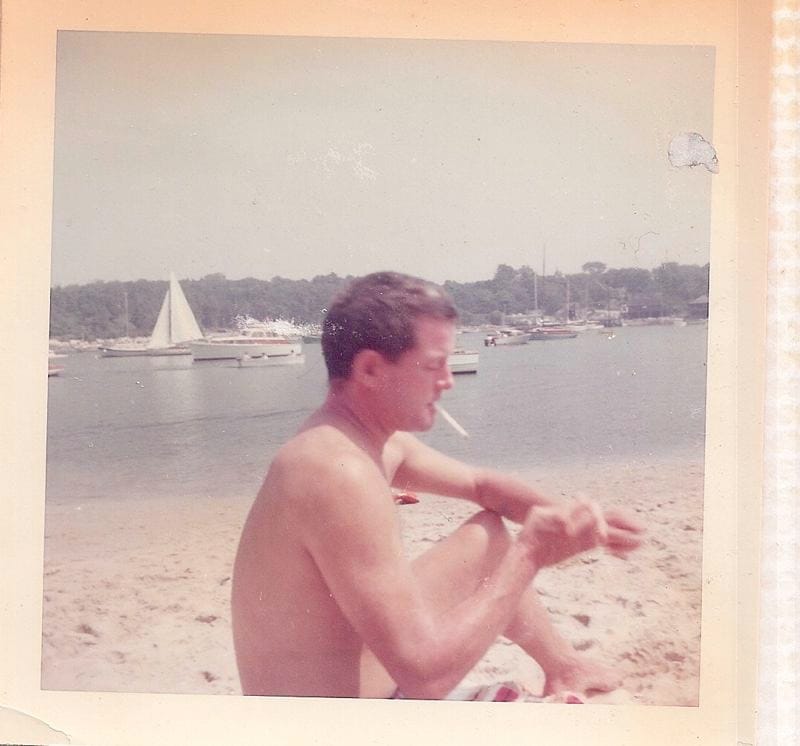Note: Consult with professionals about the specifics of your family member’s addictions before deciding on an intervention. The information below is intended as a general guide.
One of the most commonly asked questions I field is how should family members deal with relatives with addictions. I always get a little nervous answering because the stakes are high and there is almost never an easy answer that neatly resolves the problem. Each family is different, each addict/alcoholic is different and the experience level of each family varies.
My father was a chronic alcoholic who never achieved lasting sobriety. His addiction cost him his marriage, his ability to function as a gifted writer and ultimately his health and then his life. He died at fifty-six looking like a man in his eighties. Our family tried everything we could think of to get him to stop drinking to no avail. This experience was frustrating, deeply saddening and destructive, but it did give me empathy for other families with similar struggles.
There is a ton of advisory information out there and various terms are often bandied about, including enabling (behavior by the family that unwittingly supports the addiction) dysfunctional family (a family where there’s abuse, deep unhappiness and blame is rampant) or codependence (family members are enmeshed and over-involved with one another). I try to stay away from pigeon-holing people although these conditions are not rare in addicted homes. The problem with using these terms is that people feel judged at a time when compassion is integral.
One of the first things I encourage is for family members to develop and use a narrative that is simple, repeatable and uniform from all family members to the addict/alcoholic. Those with addictions can be masters of divide and conquer so family members must be on the same page. I encourage family members to be calm and even-handed whenever possible. The narrative should be something along the lines of “I love you, but I don’t love your addictions. I am afraid for your safety and health and the family has been struggling with your behavior. I know that you can do better. We will support anything you’ll do to recover but we can’t invest in your addiction.”
As a recovering addict/alcoholic I can say with certainty that I never responded well to being shamed, yelled at or having my addiction thrown in my face. When people indicated their caring first, then their concern in an even-handed manner, it got through and helped me to see that my addictions affected others. Addicts/alcoholics are sensitive to being stigmatized. Compassion with firm boundaries is our best bet to help them.
In addition to the words, it’s integral that the family not give cash to the addicted family member. If the family is concerned about some extreme circumstance like the addicted family member getting evicted or the addicted person’s baby going without food or diapers, then pay the landlord directly or get the diapers and food.
Families are often told to throw the addict/alcoholic out. This advice can be especially difficult for some families to hear. Some therapists may be quick to suggest this with the idea that it will expedite the addict/alcoholic’s consequences and impel them to help-seeking mode. This may be true in some cases but in other cases may well put the addict/alcoholic in imminent danger. I like to gather all relevant information from families before making this type of recommendation.
In part-two there will be practical suggestions for dealing with particularly hard cases.



Comments